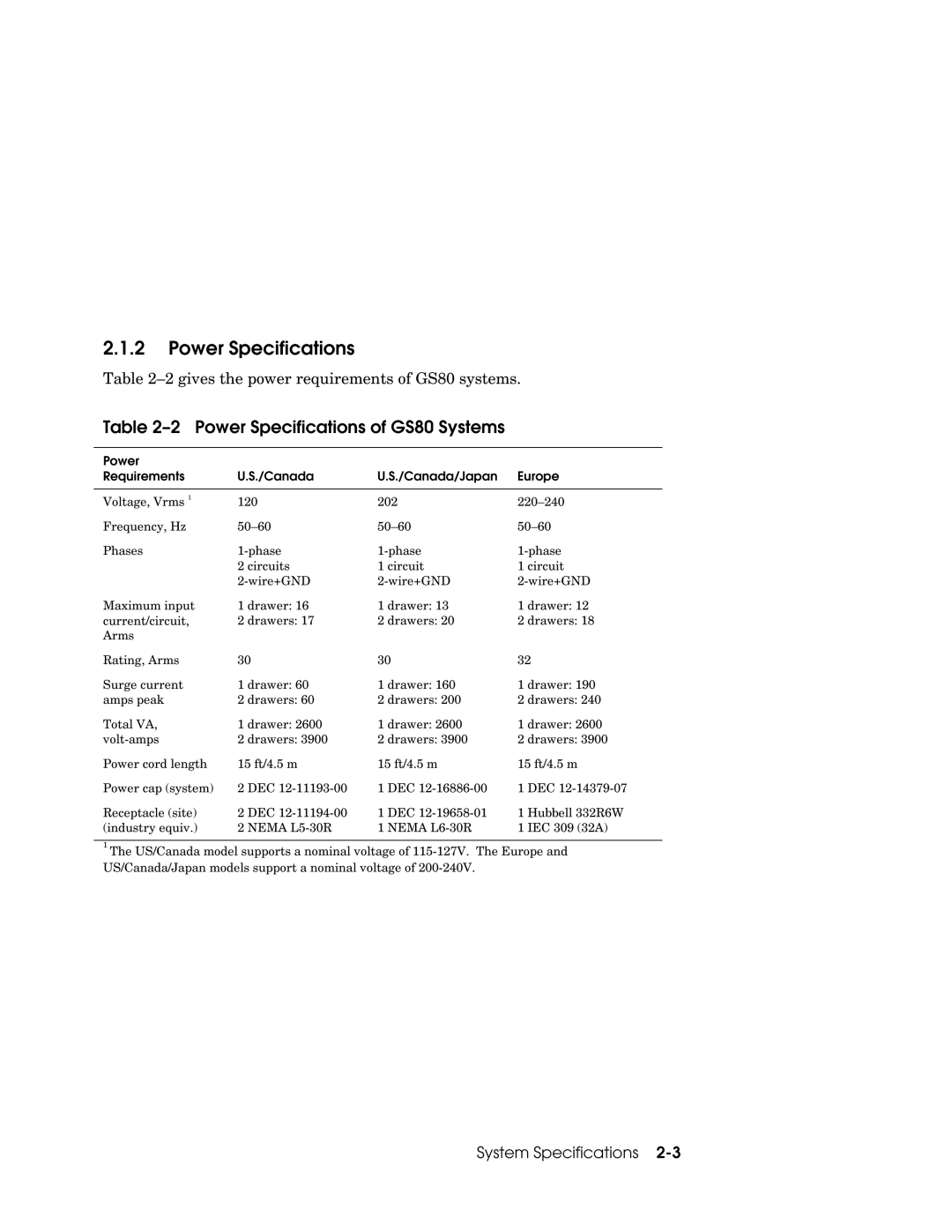160, 320 specifications
The Compaq 160,320 is a noteworthy product in the realm of personal computing, specifically notable for its blend of pioneering technologies and robust features. Launched during a period when personal computers were becoming increasingly accessible to the average consumer, the Compaq 160,320 played a significant role in shaping the market landscape.At the heart of the Compaq 160,320 is its Intel 8086 processor. This microprocessor was revolutionary for its time, providing a significant step forward in computing power with its 16-bit architecture. The device typically shipped with configurations ranging from 512 KB to 1 MB of RAM, which was quite impressive for a system of its era. This allowed users to run multiple applications simultaneously, enhancing overall productivity and user experience.
The Compaq 160,320 was designed with portability in mind, featuring a compact and lightweight construction. Despite its small size, it offered fully-fledged desktop capabilities, making it an ideal solution for business professionals and students who needed a powerful machine on the go. The built-in 9-inch monochrome display provided adequate visual clarity for text-based applications and basic graphics, showcasing the capabilities of early computing technology.
One of the standout features of the Compaq 160,320 was its dual floppy disk drives, which enabled users to easily transfer data between disks and ensured quick access to programs and files. The interface for connecting external hardware was versatile, encompassing both serial and parallel ports to accommodate printers and other peripherals popular at the time. This feature set allowed for a more expansive use case, ranging from business applications to more personalized computing tasks.
In terms of software compatibility, the Compaq 160,320 ran MS-DOS as its primary operating system, providing a sturdy platform for users to run a plethora of applications, including word processors and early database systems. This software flexibility further solidified its position as an essential tool for work and educational environments.
Overall, the Compaq 160,320 represents a significant chapter in the evolution of personal computing. It combined portability, compatibility, and impressive performance, making it a preferred choice among early computer users. The innovations introduced by this model set a foundation for future advancements in the portable computing arena, impacting the design philosophies of subsequent laptops and personal computers.

